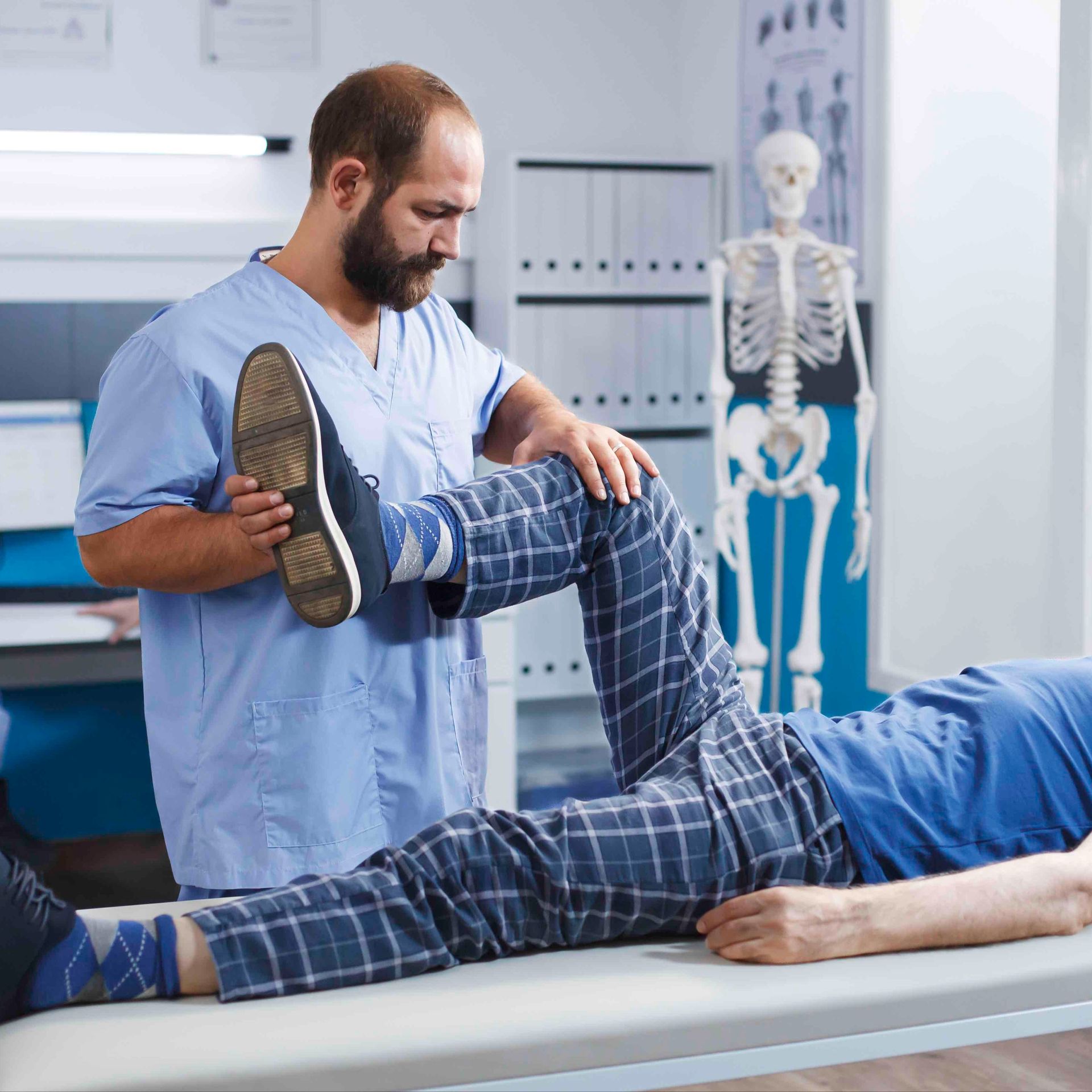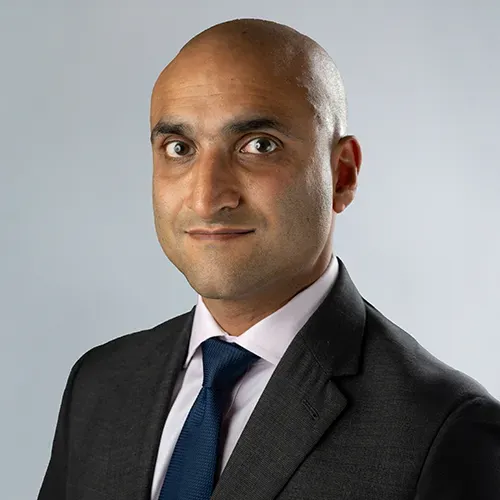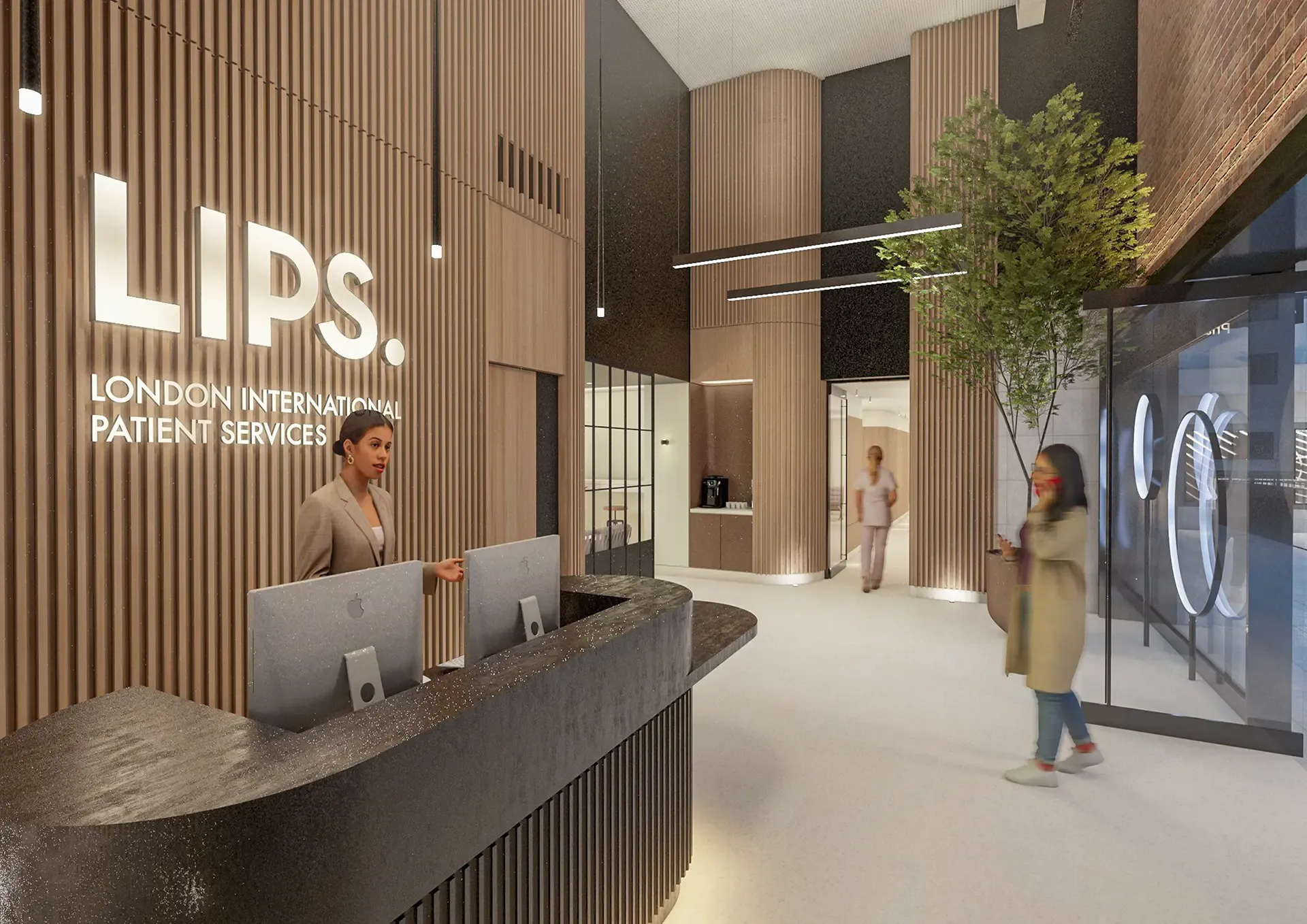Persistent pain: If your pain persists for more than a week despite rest, ice, and over-the-counter pain relievers, consulting a doctor, physiotherapist, or sports medicine specialist is crucial.


Running Injuries
Running injuries can arise from overuse, improper training techniques, muscle imbalances, or worn-out shoes. Common injuries include shin splints, stress fractures, tendonitis, and runner's knee.
You are not required to provide a referral letter from your doctor or GP.
Start a visit quickly and discreetly whenever works best for you.
Our doctors review symptoms, prescribe treatments if needed.
Proceed with your healthcare journey as you wish. You're in control.
You control medical records, access anytime.

Book a Consultation With Us If:
Pain that interferes with daily activities: Running pain that significantly hinders your ability to walk, climb stairs, or perform daily tasks warrants medical evaluation.
Worsening pain: If the pain in your foot, ankle, knee, or leg progressively worsens over time, even with minimal activity, seeking professional help is essential to prevent further complications.
Pain that disrupts sleep: Running injury pain that interferes with your sleep quality due to discomfort can significantly impact your overall well-being and necessitates professional attention.
Sudden and severe pain: A sudden onset of intense pain, especially after a fall or misstep while running, requires immediate medical attention to rule out fractures or other serious injuries.
Pain accompanied by other symptoms: If your pain is coupled with swelling, redness, bruising, numbness, or instability in your joints, it could indicate a more serious issue and requires a doctor's evaluation.
Limited range of motion: If your running injury limits your joint mobility, making it difficult to bend or extend your leg comfortably, a doctor or physiotherapist can assess the cause and recommend appropriate treatment.
History of running injuries: If you have a history of running injuries, even seemingly minor pain could indicate lingering issues requiring professional evaluation to prevent recurrence.

Visit type available
Experience healthcare designed with you in mind. Where your comfort and convenience take centre stage. Opt for:

Face-to-face Appointment

Video Consultation


Why Choose Us:
Industry-leading Specialist Consultants At your Fingertips From Home or Face to Face, at your convenience.
One-to-One Specialist Doctors Appointment
Feel confident in the care you receive. Our specialists can treat and provide comprehensive advice if necessary.
No Referral Required
You do not require a referral before booking an appointment with our clinic — giving you complete control of your health.
Priority Healthcare - No More Waiting Lists
We will make sure your needs are met before anything else. and taking the time to actively listen to your concerns and find you the right treatment plan.
Direct Access
Receive Medical Treatment if necessary without needing to see another doctor offering you convenience and flexibility in managing your healthcare needs.
Complete Care
Our specialists will ensure you receive the best possible treatment and support for your medical needs.


What you will need:

No Referrals Required
You are not required to provide a referral letter from your doctor or GP.

Photo
In some cases for video calls, you'll need to share clear photo close-ups of the affected area

Photo ID
like a driver's license or passport. If we need an additional identity verification

15 to 20 minutes
to answer questions about your symptoms and health history


How it Works
From Home or Face to Face, all at your convenience
Schedule a Video Consultation or a Face-to-Face appointment at your convenience by using our online booking system.
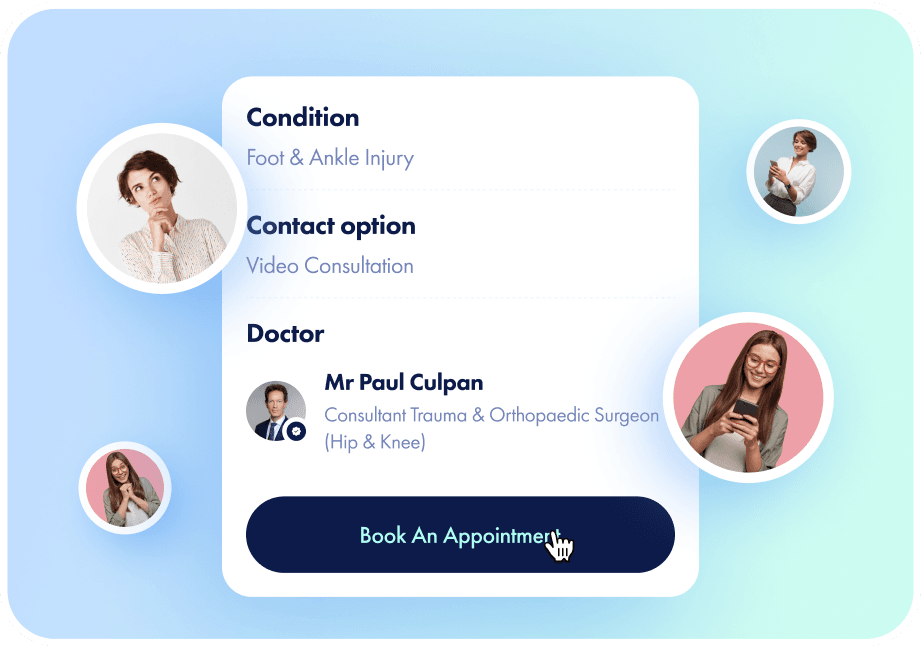
Schedule a Video Consultation or a Face-to-Face appointment at your convenience by using our online booking system.
Your dedicated Specialist Doctor will provide you with personalized treatment, tailoring it to your specific needs, and may include necessary medication.


Qualified & Regulated
Our Doctors actively practice their specialities at leading hospitals in the UK and are fully licensed and certified in their respective fields.






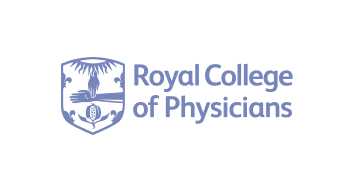


London International Patient Services (LIPS) is the UK’s largest multispecialty private group, featuring leading consultants from top NHS teaching hospitals. Our consultants are carefully selected for their expertise and supported by world-class clinical teams, built on deep experience, trust, and proven excellence. Many of our consultants are recognised leaders, both nationally and internationally, making them some of the top experts in healthcare.
Testimonials
We are committed to providing a high standard of care to our patients. Take a look at some of the incredible responses we have received.

LIPS facilities
Our facilities are regularly inspected to ensure compliance with the highest industry standards.

Quick access to parking and
public transport

Helpful, accommodating staff

Comfortable and
calming environment
Get in touch with us
Сontact us to schedule an appointment or learn more

Conveniently reserve your spot with just a few clicks through our easy-to-use online booking system.

Have a question or request? Drop us a message, and our team will get back to you promptly.

Feel free to give us a call, and our friendly staff will be glad to assist you over the phone.
















